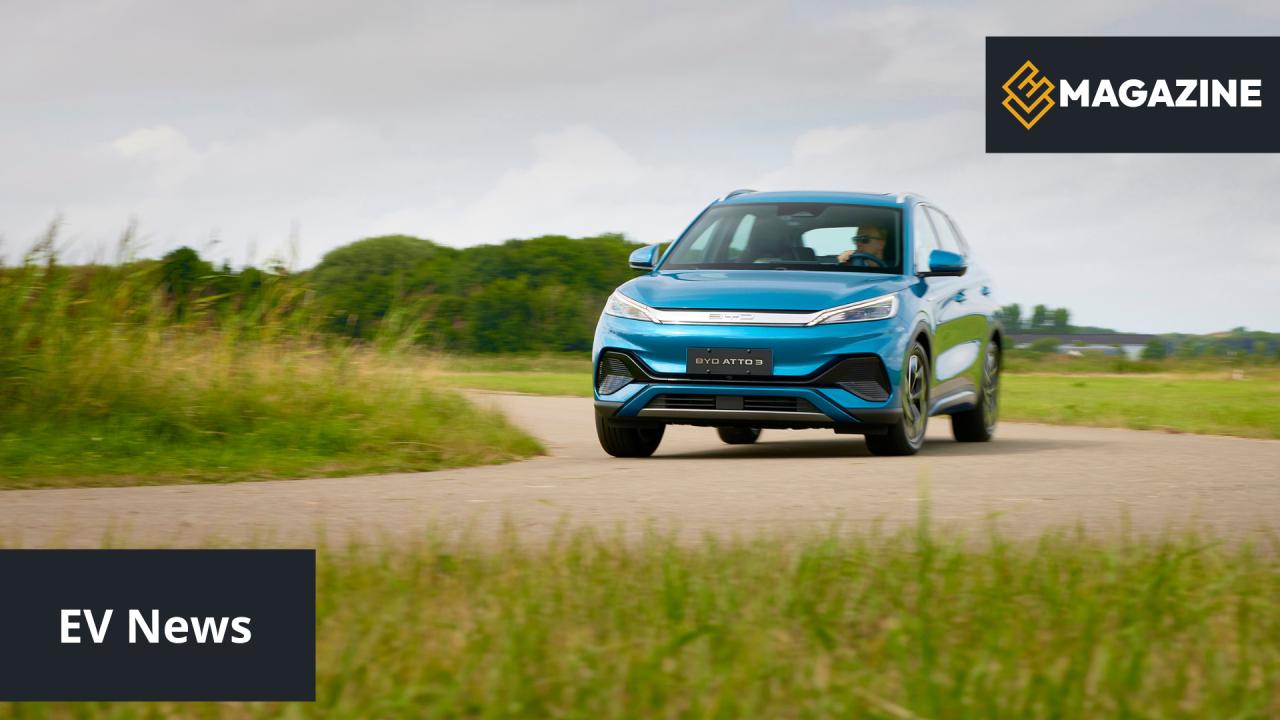In the second quarter of 2024, Chinese automaker BYD (Build Your Dreams) achieved a remarkable success. The company climbed to 7th place in the global ranking of new car sales, surpassing established Japanese brands Honda and Nissan. This unexpected rise was made possible primarily due to the growing demand for affordable electric vehicles, which form the core of BYD's offerings.
Accessibility Strategy Opens Global Markets for BYD
The key to BYD's success lies in their well-thought-out strategy focused on manufacturing electric vehicles that are affordable for the general public. With this approach, the company is gaining attention from customers worldwide. BYD is quickly establishing itself as a respected player on the international scene, mainly due to its ability to offer quality vehicles at competitive prices. This success also points to the growing influence of Chinese automakers, forcing traditional Western and Japanese manufacturers to rethink their own strategies.
New Power Dynamics in the Automotive Industry
BYD's rise is a clear signal of ongoing changes in the global automotive sector. Chinese companies are gaining importance and changing the established order. This trend is forcing traditional car manufacturers to take drastic steps - they must reevaluate their long-term strategies, invest in developing new technologies, and expand their production capacities to remain competitive. BYD is not only outperforming some of the world's most renowned brands but is also actively shaping the future of the automotive industry with an emphasis on electromobility.
Prospects for Further Growth
Given the ever-increasing demand for electric vehicles and BYD's strong position in the domestic Chinese market, it is expected that the company will continue to strengthen its global presence. BYD has ambitious plans to expand into new regions and continues intensive development of innovative technologies. These steps could lead to a further realignment of power on a global scale in the automotive industry.
Challenges for Established Brands
BYD's success presents a significant challenge for traditional automotive brands. They must now quickly respond to changing customer preferences and growing demand for electric vehicles. The ability to adapt and innovate will be crucial for maintaining competitiveness in this new era of the automotive industry. Established brands will need to invest in developing new technologies and optimizing production processes to offer attractive and affordable electric vehicles.
The Future of Mobility is Being Written in China
BYD's rise is part of a broader trend where China is taking a leading role in electromobility. With extensive investments in research and development, government support, and a growing domestic market, China is becoming the epicenter of innovation in the automotive industry. This shift has far-reaching implications not only for the automotive sector but also for the global economy and environmental policy.
BYD's success shows that the future of the automotive industry may look entirely different from what we have imagined so far. With a growing emphasis on sustainability and electrification, new opportunities are opening up for innovative companies ready to embrace the challenges of the 21st century. As the automotive market continues to evolve, it will be fascinating to watch how the traditional hierarchy changes and how new brands like BYD shape the future of mobility.
Source: nikkei.com

